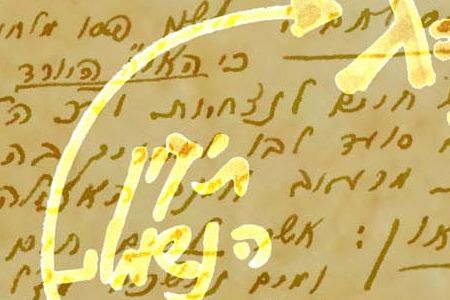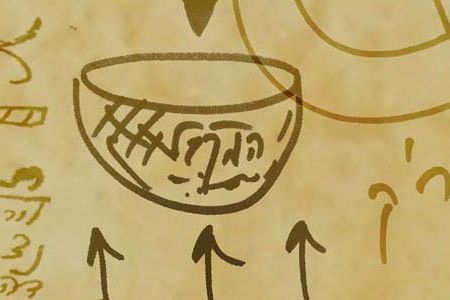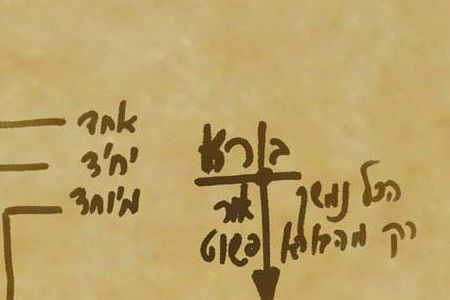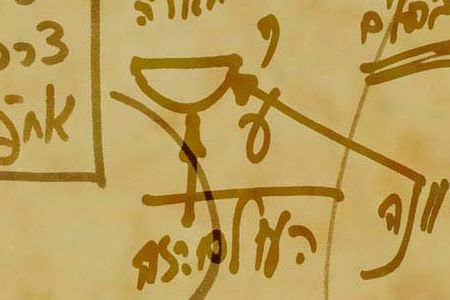Genesis, 32:4-36:43
This Week’s Torah Portion | Nov 26 – Dec 02, 2023- 13 Kislev – 19 Kislev, 5784
In A Nutshell
In the portion, VaYishlach (And Jacob Sent), Jacob wants to make peace with Esau after running away from him and being with Laban for many years. Esau sends angels to Jacob, and they inform him that Esau is headed toward him with four hundred men.
Jacob is alarmed by the looming encounter, and at night, an angel appears before him. Jacob struggles with it and defeats it, but is hurt in the thigh sinew. The angels alert Jacob that his name has changed as of that moment from Jacob to Israel. When Esau comes, they embrace and make peace, and Jacob moves to the area of Shechem.
Later, the portion speaks of Dinah, Jacob’s daughter, who is abducted by Shechem—the son of Hamor, the Hivite—who wants to marry her. Jacob’s sons allow the marriage on condition that all the men in the city perform circumcision. Once they perform the circumcision, Jacob’s sons kill all the men, bring Dinah back, and loot the city.
The Creator instructs Jacob to move to Beit El, where the Creator blesses Jacob with many descendants and the inheritance of the land. At the end of the portion Rachel dies when she delivers her second son, Benjamin. Isaac also dies and is buried by his sons, Esau and Jacob.
Commentary by Dr. Michael Laitman
This portion deals with very deep scrutinies that one makes within the soul in order to correct it from the intention to receive, from its egotistical form. We need these scrutinies for the soul because it was broken in a process known as “the breaking of the vessels,” the ruin.
Once a person achieves the degree of Jacob, which is still a degree of Katnut (infancy), a person discovers that it is impossible to move forward. Having risen above the ego, above the will to receive, and having reached a state of Katnut, called Galgalta and Eynaim, leaves one nothing with which to advance. In order to advance, one must find within oneself additional inclinations, additional broken Kelim (vessels). Upon their correction, the person will be able to rise along with them. In other words, whenever we are in a certain state, we must first descend, mingle with the negative, and only then rise to the positive.
The portion speaks of precisely that state. That is, a person who reaches Jacob’s state and cannot advance further must reconnect with the Esau within—the evil inclination that is still not corrected. Such a person heads toward it despite fearing that the egotistical desire might suddenly overpower, that perhaps he or she will not be able to come out of that state.
This calls for a special preparation. The text narrates that Jacob divides everything, the women, the children, and all the people with him. In other words, one sets one’s desires straight, arranging all of one’s qualities in an internal preparation for the disclosure of the flaws within, in order to properly cope with them.
Continue reading “VaYishlach (And Jacob Sent) Parsha – Weekly Torah Portion”




